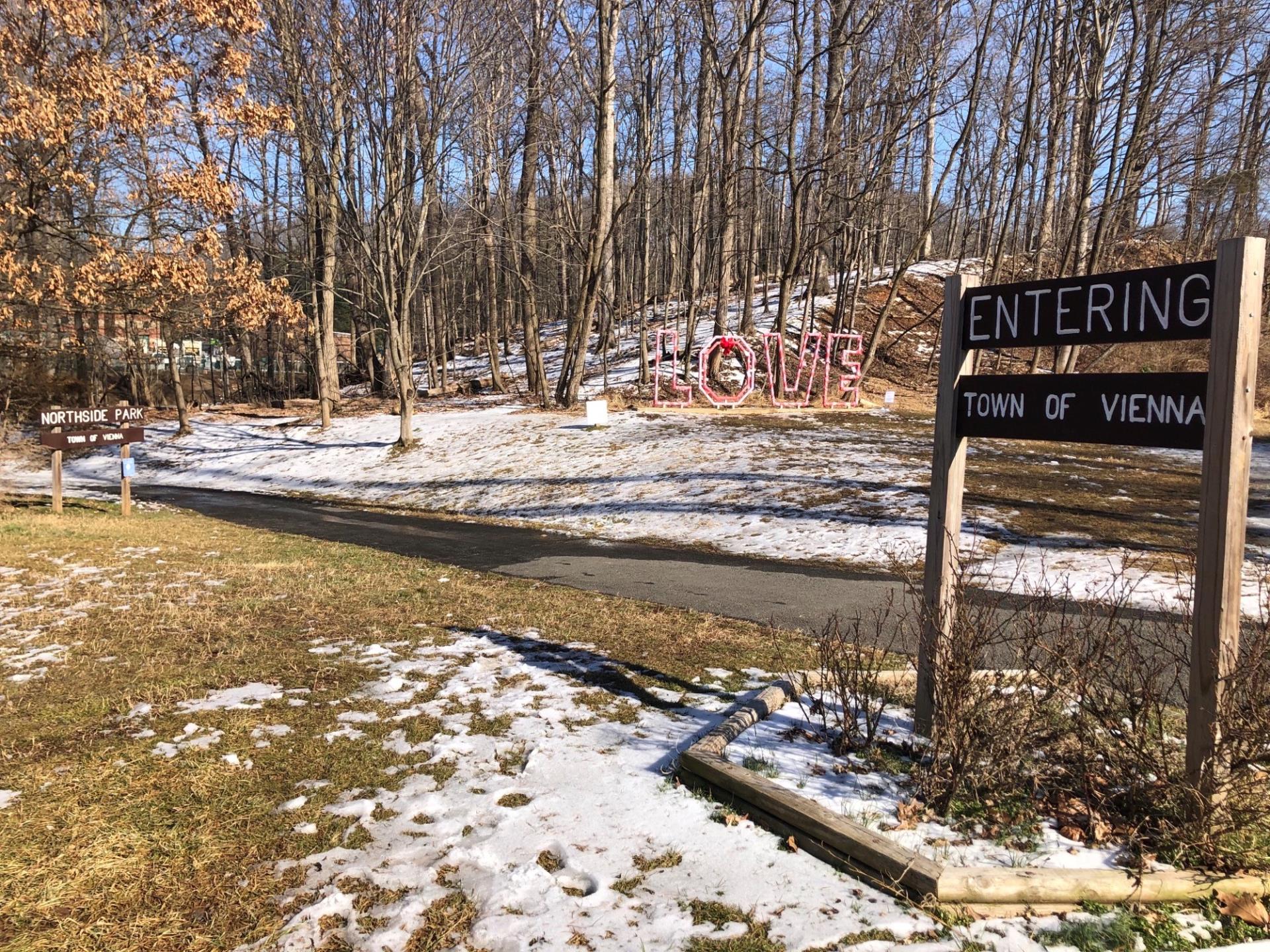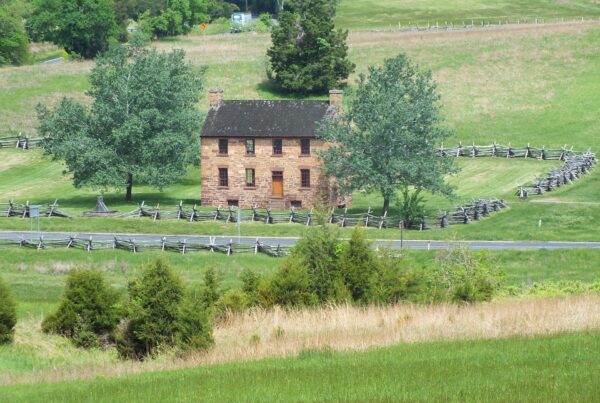Eliminating Hearth and Chimney Odors: A Comprehensive Guide for Vienna VA Residents
The crackling sound of burning wood, the warmth that radiates from the hearth, and the enchanting glow of the flames are some of the reasons why the fireplace is a much-loved feature in many Vienna VA homes. However, an unpleasant smell coming from the chimney can ruin this idyllic experience. This article aims at guiding Vienna VA residents on how to eliminate hearth and chimney odors, and maintain a fresh-smelling home.
Understanding the Cause of Hearth and Chimney Odors
Before delving into solutions, it’s essential to understand the causes of these odors. The primary source of chimney smell is creosote – a black or brown residue that sticks to the inner walls of the chimney. Creosote is a by-product of burning wood and accumulates over time. When exposed to humid conditions, creosote emits an unpleasant, acrid odor.
Another common cause of chimney odors is animal infestation. Birds, squirrels, or raccoons may find their way into your chimney, leaving behind nesting materials, droppings, or in unfortunate cases, carcasses that can cause a foul smell.
Lastly, moisture can cause mold and mildew growth in your chimney, leading to a musty odor. This is particularly common in chimneys without caps or those with damaged masonry that allows water seepage.
Eliminating Hearth and Chimney Odors
1. Regular Cleaning and Maintenance: The most effective way to prevent and eliminate chimney odors is through regular cleaning and maintenance. A&T Chimney Sweeps fireplace, furnace, dryer vent, gutter cleaning and repair services in Vienna VA, are renowned for their thorough and professional services. They will remove creosote buildup, animal debris, and any other obstruction in your chimney, preventing odors and improving your fireplace’s efficiency.
2. Chimney Caps Installation: Installing a chimney cap not only prevents animals from entering your chimney but also stops rain and snow from entering, reducing the chances of mold and mildew growth.
3. Use Seasoned Wood: Burning unseasoned or green wood increases creosote buildup. Therefore, use well-seasoned wood to reduce the amount of creosote produced.
4. Deodorizing Products: There are several deodorizing products in the market that can help eliminate hearth and chimney odors. These products work by neutralizing the odors, rather than masking them.
5. Repair Damaged Masonry: If your chimney has cracked or damaged masonry, it can let in water, leading to mold and mildew growth. Repairing your chimney masonry can prevent water seepage and subsequent odor issues.
FAQs
Q1: How often should I have my chimney cleaned?
A: It’s recommended to have your chimney inspected and cleaned at least once a year. If you use your fireplace frequently, you may need more frequent cleaning.
Q2: Can I clean the chimney myself?
A: While you can do some minor cleaning, it’s advisable to hire a professional like A&T Chimney Sweeps to ensure a thorough and safe cleaning.
Q3: What are the signs of creosote buildup?
A: If you notice a strong, unpleasant smell, dark, greasy residue in the fireplace, or reduced drafting, you may have a creosote buildup.
Q4: Can a chimney cap help reduce odors?
A: Yes, a chimney cap can help reduce odors by preventing animals and moisture from entering your chimney.
Q5: Why does my chimney smell worse in the summer?
A: During the humid summer months, the moisture can react with the creosote in the chimney, causing it to emit a stronger odor.
In conclusion, eliminating hearth and chimney odors is an integral part of maintaining a comfortable and pleasant home environment. By understanding the causes and implementing the above solutions, Vienna VA residents can enjoy a cozy, fresh-smelling fireplace experience.








